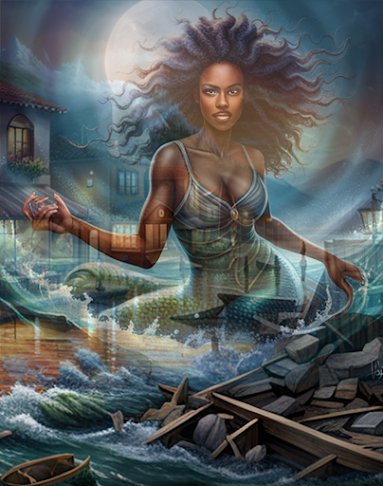Artificial Intelligence (AI) holds significant promise for transforming healthcare and has the potential to revolutionize medical education in Africa. Let’s delve into the impact of AI on medical education in the African context:
Global Situation and Effects:
- A systematic review highlights that AI can be applied at different stages of medical education:
- Teaching Implementation: AI can enhance teaching methods by providing real-time feedback and personalized learning experiences.
- Teaching Evaluation: AI can accurately assess student performance, aiding in objective evaluations.
- Teaching Feedback: AI-driven feedback can guide improvements in teaching quality.
- Challenges include improving AI performance, verifying effectiveness, and addressing data sample limitations
- A systematic review highlights that AI can be applied at different stages of medical education:
Why AI Matters for African Medical Education:
- Complex Healthcare Needs: Africa faces unique healthcare challenges due to epidemiologic and demographic transitions. Well-trained doctors are essential to address these needs.
- Soft Skills Development: Traditional pedagogies often focus on hard skills (knowledge and clinical acumen). AI can complement this by fostering soft skills like communication, teamwork, critical thinking, and lifelong learning
Team-Based Learning (TBL):
- TBL offers a robust alternative for holistic medical education in Africa.
- Advantages of TBL include increased learner enthusiasm, creativity, accountability, peer mentorship, deep learning, and better knowledge retention.
- Challenges during initial implementation need to be addressed
Financial Constraints and Resource Challenges:
- Limited educational infrastructure and chronic resource constraints affect medical education in Africa.
- Increased student enrollments and faculty shortages pose barriers to active-learning strategies.
- TBL, being cost-effective, can mitigate some of these challenges
Balancing AI and Teacher-Led Teaching:
- Medical educators should strike a balance between AI-driven approaches and traditional teaching methods.
- Students need to think independently and critically, even as AI assists their learning journey.
- Interdisciplinary research teams can ensure AI’s applicability in medical education.
In summary, AI has the potential to bridge gaps in medical education, enhance learning outcomes, and prepare Africa’s fit-for-purpose doctors. By embracing AI strategically, medical schools can better equip future healthcare professionals to meet the continent’s evolving needs.














